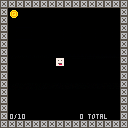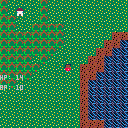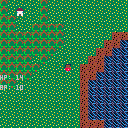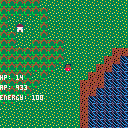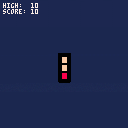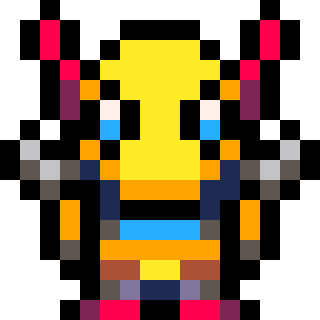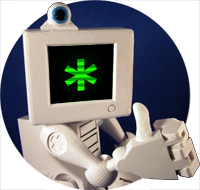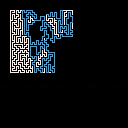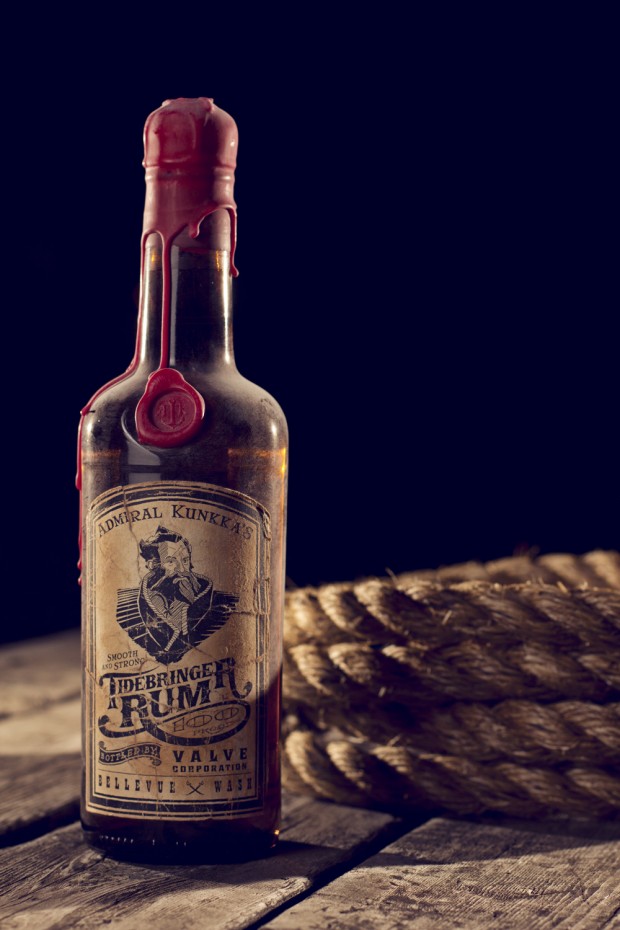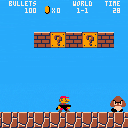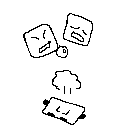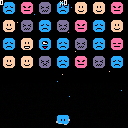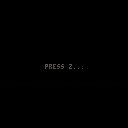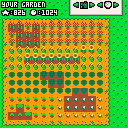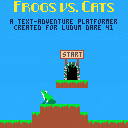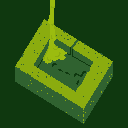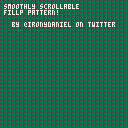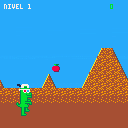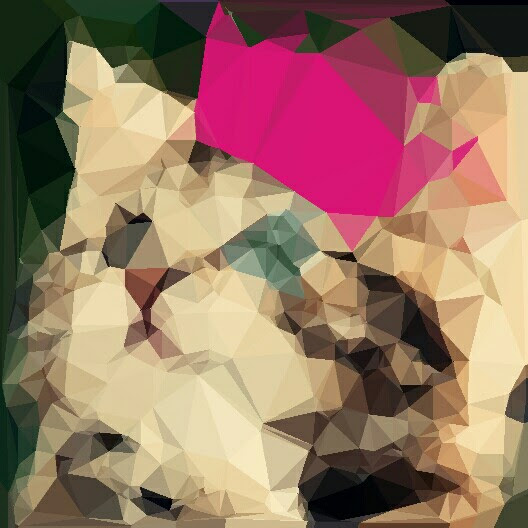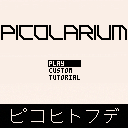Cabledragon was talking to me about perlin and simplex noise generation, and we were looking at various web pages on the subject. One of them was a novel implementation of a simplex noise generator, written by Kurt Spencer, a game dev who did not wish to be subject to Perlin's patent on his own version of simplex noise:
http://uniblock.tumblr.com/post/97868843242/noise
With a public-domain javascript implementation of 2D, 3D, and 4D noise here:
https://gist.github.com/kdotjpg/b1270127455a94ac5d19
The 3D and especially the 4D code is rather long and spaghettilike, though I suspect for good reason, but I noticed the 2D code was not too bad, really, so I took a pair of Lua shears to it and made it fit on our little platform.
It performs pretty well. It looks good, and while you can't efficiently use it to set every pixel on your screen, it's quite adequate for caching your terrain at app launch, or even for real-time generation of the area immediately around you, if you can be somewhat economical with how many times you sample the noise.
Note that, as mentioned in the code, the shell I wrote around this adaptation isn't particularly useful. It's just a custom-made and optimized-to-the-point-of-being-ugly viewer for the noise generator.
[b]The generator code is on the second tab, and that's what you'll want to look at if you want to use it yourself.

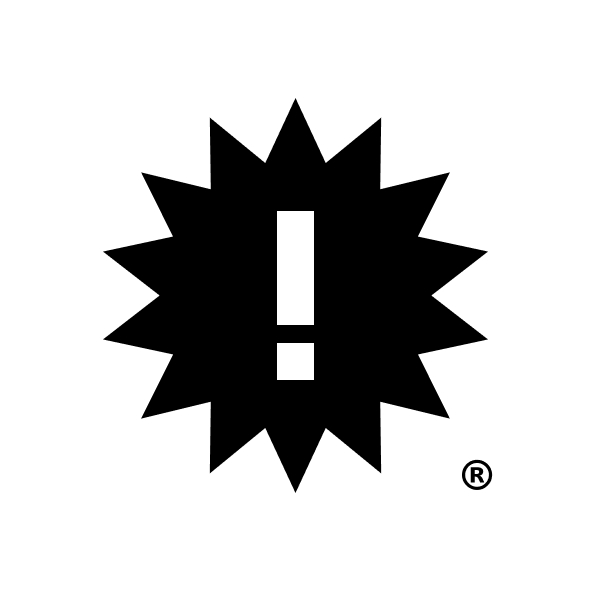
This is a first attempt at putting together a game in Pico-8. It's not done, of course, and most of the game features haven't yet been implemented. Eventually, I hope it'll be a demake of something like Neo Scavenger.
v0.10
-Refactored code to contain multiple states (states other than main game mode not yet implemented)
-Cleaned up old code that had been commented out
-Commented most things for clarity
v0.06:
-Added system for terrain types
-Updated HUD and removed useless Energy stat
-Updated art assets slightly
v0.05:
-First commit, laid down basic movement, map drawing, and set up the player
I'm not sure if any chip / pocket chip users have been following the discussions over at nextthing forums but it looks like they are officially done.
We have traditionally taken our updates via apt-get update and I was wondering what might happen if their servers go offline. Is there going to be a binary that we can install?
I don't think anything is going to break anytime soon but I thought that it couldn't hurt to ask.
D


I made this game for LD41 with a single question in my head: what happens if Mario had a machine gun?
I took some inspiration from GTA and added some achievements to reward different types of play.
The great music is "Demented Mario" by @gruber_music (https://gruber99.bandcamp.com/album/pico-8-tunes-vol-1) and the platforming code (and Mario sprites!) is based on the excellent work by @matthughson - see the advanced micro platformer thread at https://www.lexaloffle.com/bbs/?tid=28793
LD page: https://ldjam.com/events/ludum-dare/41/super-mario-machine-gun/
Apologies to Mr Miyamoto.

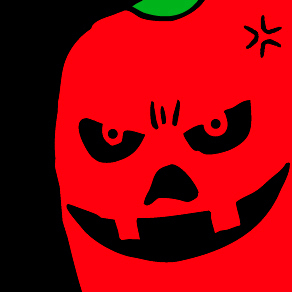
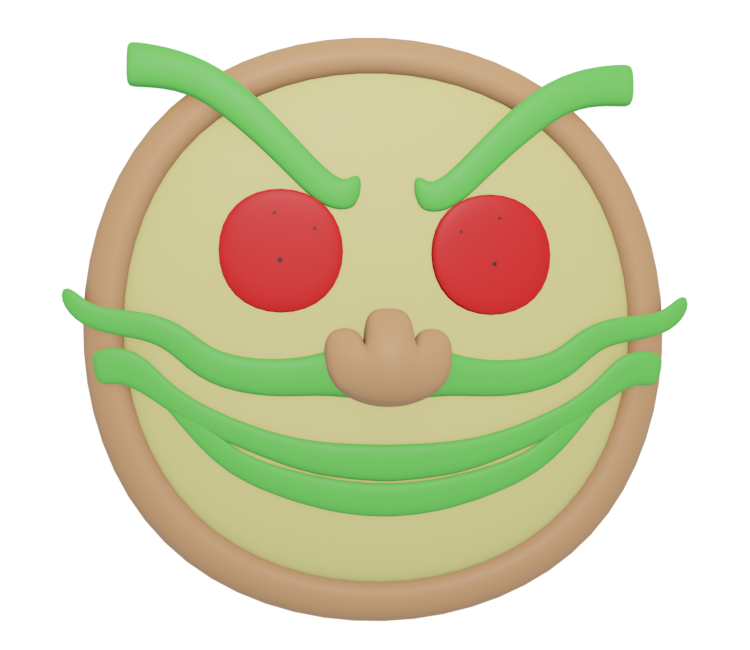

I've had two problems with saving this cart as PNG while developing it: https://www.lexaloffle.com/bbs/?tid=31179
The first problem: The cart label doesn't update once it has been saved once. I made a label, and then later wanted to change it. Pressing F7 and then saving it as PNG did not update the label. I had to manually remove the __label__ section from the raw file, and then saving a new label worked. I then tried updating that label too, which did not work. It's reproducible every time for me, at least with the aforementioned cart.
The second problem: I seem to be unable to save a cart as PNG once I have run it. If I launch PICO-8 and load the .p8 cart, I can save it as a PNG without problems. As soon as I run the cart once, though, and go back to the shell, saving as PNG no longer works – it just fails silently, with no error message but no success message either, and the PNG file is not updated.
Let me know if you need more information.


I would like to present jspicl, a transpiler for building PICO-8 games in JavaScript!
Some of the benefits with using jspicl are that you'll be able to:
- write your code in a language you love
- get access to a wide range of tools and featuers in the JavaScript ecosystem (linting, es2015+, npm packages)
- use your editor of choice (with improved code completion, refactoring, navigation)
jspicl will transpile JavaScript down to the subset of LUA that PICO-8 uses. It will include polyfills automatically in the cases where certain language features are not available.
A simple mario game showcasing this can be found here and more are coming.
Please let me know what you think, I would love to receive some feedback.

Controls: Arrow keys to hop around, up to jump straight up, Z to inspect things behind you
This was originally my submission to the Ludum Dare 41 Compo, my first Ludum Dare! I've been playing with PICO-8 on a different as-yet-unreleased project, but decided to jump in on a game from scratch for LD. The theme was "combine two incompatible genres", and I went with a side-scrolling text adventure. I started Saturday morning, so the original was made in something like 28 hours of coding/eating and 5 hours of sleep. It was functional and winnable, barely, but I love my little frog creation and want him to have a better world, so I've been working on improving it.
So you've told us we can suppress the system pause menu with this:
poke(0x5f30,1) |
And that works great. However, I wanted to write something that allows you to access both the game pause and the system pause, by using short presses for game pause and long presses for system pause. Unfortunately, there's a bug/misfeature/oversight that prevents this:
You're still debouncing the button at the system level, even if the system menu is disabled, so if the button is held down, it's only reported down on the first frame. This prevents me from detecting a long press.
I'm guessing this is just because you check the menu-suppression flag after you've recognized and absorbed the button press, rather than wrapping the button check as well.
Any chance of a fix in the next version? :)


Hey! This is my first Pico-8 game, a clone of the DS game Polarium.
It contains 100 levels. You can get a hint for every level if you're stuck.
There's also a level editor, which lets you create your own custom levels. You can even share levels with other people with 30-digit passwords. These passwords are completely compatible with Polarium, so you can also find lots of levels other people have made online for an extra challenge. 20 custom levels can be stored.














 13 comments
13 comments


